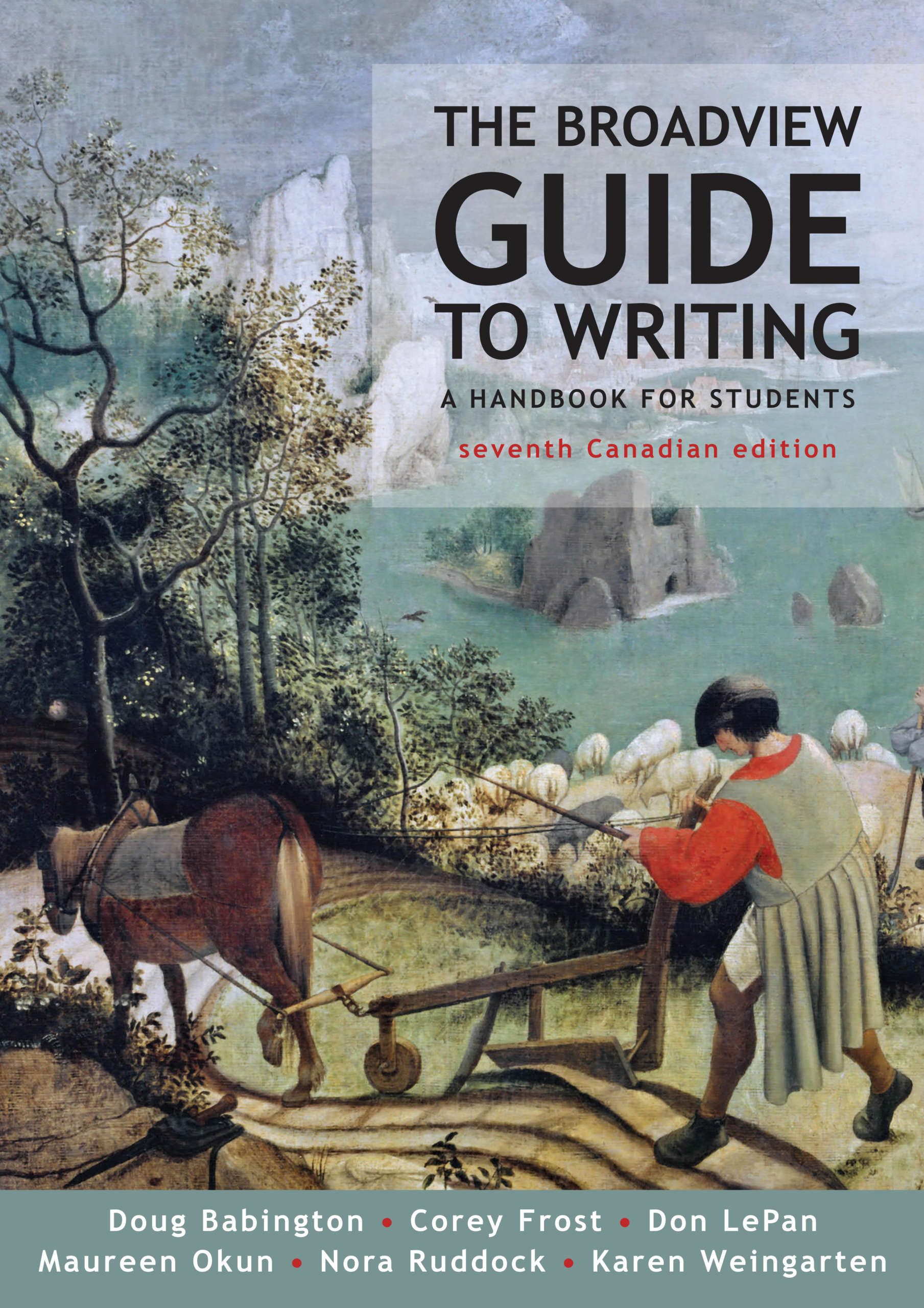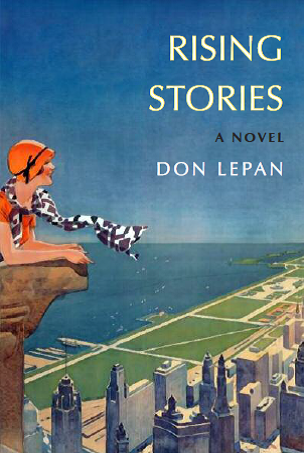In his thoughful review of Animals in last weekend’s Globe and Mail (http://www.theglobeandmail.com/books/review-animals-by-don-lepan/article1335702/), Jim Bartley writes that the novel is “spot on: psychologically incisive, admirably disquieting.” He also writes that it is “an angry book.” Until I read that I wouldn’t have characterized it in quite that way, but on reflection I don’t think Bartley is wrong.
I have tried to think a little further on this. Everyone is comfortable with works of art being characterized as passionate; we are a little less comfortable with angry. Yet I suspect a fair bit of anger is often at the root of “impassioned” works. Certainly rage against cruelty or injustice is part of what motivates some such works. According to Harriet Beecher Stowe’s biographer Joan Hedrick, for example, Stowe began Uncle Tom’s Cabin after she had become “consumed with a rage unlike anything she had ever experienced” following the passage of the Fugitive Slave Law in 1850. And certainly I did, and do, feel something similar about the way factory farming is practiced today (and at the way in which society condones its cruelty).
But I think, in my own case at least, that another sort of rage may also be at play here—anger of a sort more deeply rooted psychologically. Though most of the time I gather I’m a reasonably pleasant human being to be around, I’ve sometimes had to struggle to control my temper—and I have at least occasionally failed completely to do so. In a few cases where I’ve been drinking too much, an anger has surfaced that seems to have nothing to do with surrounding circumstances—that apparently resembles nothing so much as a furious and quite irrational child coming out from under an adult mask. I don’t think that these feelings are in my case very hard to explain. I gather, indeed, that similar feelings are very common in the psyches of those who grew up as my brother and I did with a loving but demanding and somewhat overbearing mother and a largely absent father.* I don’t for a moment believe that this angry self which emerges only very occasionally is the “real” self; all of us have multiple sides to our personalities or characters, multiple selves, if you will, and I don't see any reason to privilege rarely seen and unattractive selves as being more important than the ones which predominate the vast majority of the time. But the angry self that has sometimes surfaced is certainly one manifestation of a powerful force within me—and I suspect that one of the more successful ways I’ve dealt in my unconscious with deeply rooted anger is to try to channel it into rage against things that deserve being raged against. Is it coincidence that an angry passion for social justice issues took root within me at just the time in adolescence when I was first struggling to control rage against both my parents? I suspect not.
If it is the case that the capacity in me to be powerfully motivated by a passion against injustice or cruelty stems in large part from a transference of rage directed initially at parental sources, I don’t think the feelings themselves should be taken as any less legitimate for that. Indeed, it may well be an unfortunate truth in the other direction that people whose upbringing has been entirely benign may find it difficult to feel outrage, even when outrage is an entirely appropriate response. On that I can only speculate. But I do know my own case that if I can direct whatever anger there is within me against things that are deserving of anger, it can only lead to good effects, within me as well as in the world.
* That is of course only one of numerous sorts of childhood that may breed frustration and anger in the young mind. Stowe is an interesting case here too. Her mother died when she was four; her powerful father praised her accomplishments but openly wished she had been a boy, and sent her off to live with relatives for extended periods. Did that background help to fan the flames of her abolitionist passion? It is impossible to be sure.
Subscribe to:
Post Comments (Atom)





Hi Don: I really enjoyed interviewing you on my blog on Dec 2, 2009. I just finished reading "Animals" and I think it was a magnificent contemporary dystopia. I enjoyed the narrative and the details in the world you had constructed - down to what the mongrels would wear, or what pregnant women were being told to eat. I was provoked to think about how society/industry influences our acceptance of various ideologies - whether it is how people or animals should be treated or what we should eat. It is a solid first novel and should stand the test of time. You have a very interesting mind and I look forward to reading your next novel. Evadne Macedo (http://books.macedo.ca)
ReplyDelete